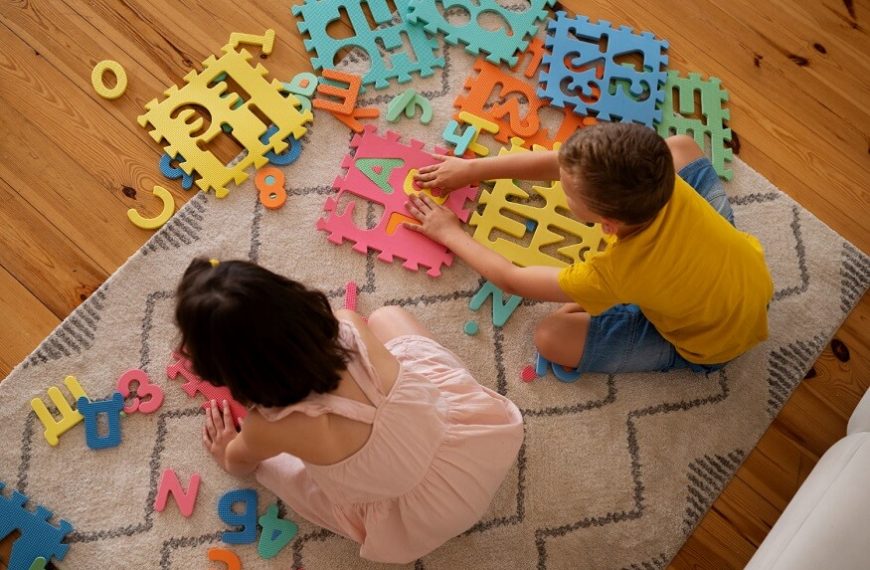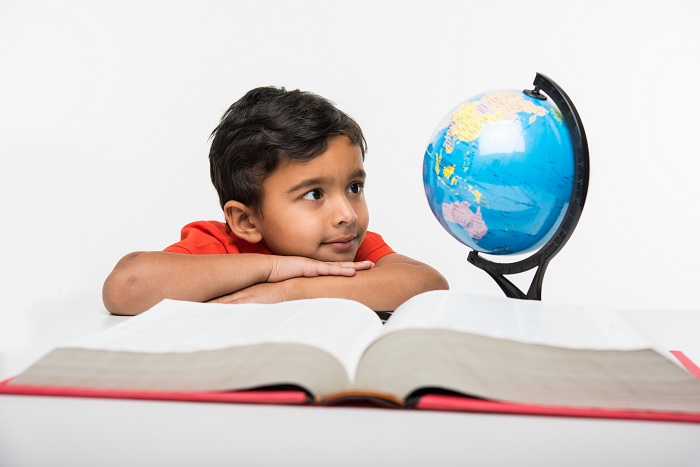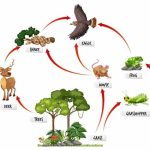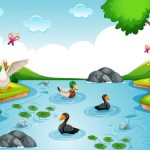Learning can sometimes come off as drab and monotonous. Yet, it’s incredible how a dash of creativity can infuse life into traditional methods, making learning fun for kids. If you’ve ever seen a child’s eyes light up in the middle of a lesson or watched them eagerly dive into an activity, you know that there’s no feeling quite like it. How can educators and parents consistently hit this sweet spot? The secret lies in marrying the world of knowledge with the joy of discovery. So, let’s delve into the whirlwind of activities for kids in school and at home that will make every lesson memorable.
Storytelling Sessions with a Twist
Stories have an innate power to captivate the young mind. Instead of sticking to the textbook, why not introduce concepts through tales? Maths problems can be narrated as adventures where heroes combat challenges. Science could be a journey into the wondrous world of tiny atoms or the vast universe. But here’s the twist: allow kids to be the creators. Let them draft, narrate, and even enact these stories. It’s fun learning for kids when they become storytellers.
Gamified Learning Modules
Games aren’t just for recreation. A classroom transformed into a game zone? Absolutely! Introducing gamified modules can spike interest levels. For instance, geographical quizzes become more enthralling when you make them a treasure hunt. Or, if it’s grammar, how about a game of sentence construction where kids race to frame the wittiest or most absurd sentences using new vocabulary?
Outdoor Adventures for Inquisitive Minds
Why limit learning within four walls? Nature is an expansive textbook, brimming with lessons. Plan a day out to explore the local ecosystem, turning the excursion into an enthralling biology lesson. History comes alive when kids visit monuments, while a trip to the market can be a fun economics lesson. Activities for kids in school can be both educational and refreshing when they’re intertwined with nature’s wonders.
Technology: A Window to Interactive Learning
In an age that’s dominated by screens, let’s channel this fascination for good. Augmented reality (AR) and virtual reality (VR) can transport kids to ancient civilizations or deep under the oceans. Educational apps make maths puzzles or language lessons as compelling as video games. Dive into the world of e-learning to make lessons thrilling and interactive.
Art and Imagination
Art isn’t just about colours and crafts. It’s about expression, imagination, and the freedom to create. Merge art with core subjects. Let kids paint their understanding of a historical event or craft models explaining a scientific concept. Interesting activities for students often lie at the intersection of creativity and comprehension.
Music and Movement
Music touches the soul, and movement rejuvenates the mind. Instead of traditional teaching methods, introduce rhythmic lessons. Multiplication tables can be more palatable with catchy tunes. Dance can elucidate concepts of physics like balance and motion. Music and movement can turn monotony into fun learning for kids.
DIY Kits and Tinkering Labs
Kids love to explore, build, and tinker. DIY kits can be exceptional tools to make complex ideas tangible. Building circuits, crafting solar-powered toys, or even a simple kitchen science experiment can provide hands-on experience and make abstract concepts concrete. These activities not only fuel their imagination but also sharpen their analytical skills. Encouraging such hands-on explorations can pave the way for the budding engineers, scientists, and inventors of tomorrow.
Peer-to-peer Teaching
Sometimes, the best teachers for kids are their peers. Organise sessions where students explain concepts to each other. It not only encourages them to understand the subject matter deeply but also promotes teamwork and effective communication. This method empowers students, giving them confidence in their knowledge and abilities. Moreover, it fosters a collaborative environment where learners become active participants, creating a vibrant and engaged classroom community.
Culinary Arts to Drive Concepts Home
Whoever said the kitchen was just for cooking never saw it as a fun-filled learning lab! Integrating culinary activities can help in teaching measurements, chemistry, and even geography. Baking can be a science experiment about reactions (think baking soda and vinegar). Preparing dishes from various parts of India or the world can introduce kids to different cultures. Not only do they understand the subject better, but they also end up with delicious results!
Role-playing and Simulation Activities
Transforming the classroom into a simulated environment can make subjects come alive. Setting up a mock ‘bank’ can teach children about currency, savings, and basic arithmetic. Playing ‘shop’ can introduce the concepts of buying, selling, and budgeting. History lessons can become engaging when students role-play as historical figures, reenacting important events or debates.
Escape Rooms with an Educational Twist
Escape rooms are all the rage today, so why not bring them into the classroom? Design puzzles and riddles related to the lesson at hand. Whether it’s solving maths problems to ‘unlock’ a door or deciphering a historical code to move on to the next challenge, kids will be deeply engrossed. They won’t just be racing against time to ‘escape’ but will be absorbing valuable lessons along the way.
Integrating these activities brings forth a dynamic classroom environment where learning isn’t just passive absorption but an interactive, multifaceted experience. Such methods, where fun meets education, ensure that kids don’t just memorise – they internalise, understand, and apply. After all, education is not just about filling the mind with facts, but sparking the flame of curiosity and joy in learning.
And speaking of making learning interesting for our young ones, one cannot help but think of EuroKids . As a leading pre-school in India, we have consistently shown that learning can be fun, innovative, and engaging. With our child-friendly curriculum and a myriad of interesting activities for students, we have transformed the early learning landscape. If you’re on the lookout for a place where your child’s curiosity is nurtured and their love for learning is kindled, EuroKids might just be the haven you’re seeking.
In conclusion, making learning fun for kids is not a herculean task; it’s about embracing unpredictability, creativity, and the child’s perspective. It’s time we break the conventional chains and let the flight of imagination soar. Let’s make every lesson a story, every query an adventure, and every classroom a world brimming with wonders.
















